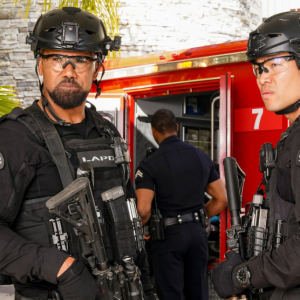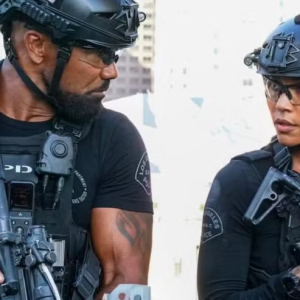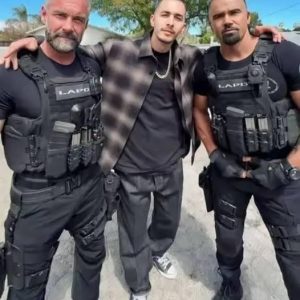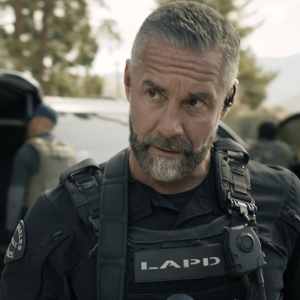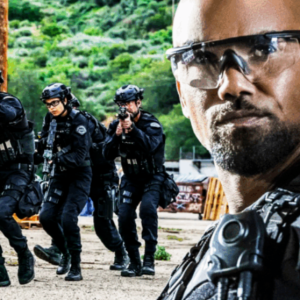The recent announcement of S.W.A.T. Exiles, a spin-off featuring franchise protagonist Daniel “Hondo” Harrelson, has ignited both anticipation and considerable confusion among its dedicated fanbase. While the prospect of Hondo leading a new team in a fresh environment offers exciting narrative possibilities, the glaring lack of context for his departure from his iconic 20-Squad in the flagship S.W.A.T. series has left many viewers questioning the fundamental integrity of his character arc. Season 8 concluded without so much as a hint of reassignment, no discernible conflict pointing towards an exit, and certainly no poignant farewell for a leader deeply ingrained within his team and community. This abrupt shift, a sudden “boom, new show” scenario, necessitates a profound and impactful explanation if S.W.A.T. Exiles is to resonate with the audience and justify Hondo’s perplexing new trajectory.
Hondo’s character, meticulously developed over eight seasons, is fundamentally defined by his unwavering loyalty, his empathetic leadership, and his deep-seated roots in the Los Angeles community he serves. He is not merely a police officer; he is a beacon of justice, a mentor, and a father figure to his team. The bond between Hondo and his 20-Squad members – Deacon, Luca, Street, Chris, and Tan – is the emotional cornerstone of the series. They have bled, celebrated, and mourned together, navigating countless high-stakes situations, personal crises, and systemic challenges. Their camaraderie transcends professional partnership, evolving into a tightly knit family unit. For a man so profoundly devoted to this chosen family and committed to his city, the notion of him simply walking away without a compelling, even traumatic, reason fundamentally undermines everything viewers have come to believe about him. If Sony aims for Exiles to be a true continuation rather than a soft reboot, they must address this gaping narrative void with urgency and narrative weight.
This pressing need for explanation has given rise to a predominant fan theory: the “20-Squad sacrifice.” This theory posits that something catastrophic and deeply impactful must have transpired within the original 20-Squad, an event so profound that it compels Hondo to leave or is forced upon him, sending him down a new path. This isn’t merely a matter of continuity; it’s a question of character integrity. For S.W.A.T. Exiles to succeed, it must answer critical questions: Why did Hondo leave? What became of his beloved team? And why is he now leading a new squad of “cast-off” officers? The answers, many believe, lie in a profound loss or upheaval involving the very unit he built and cherished.
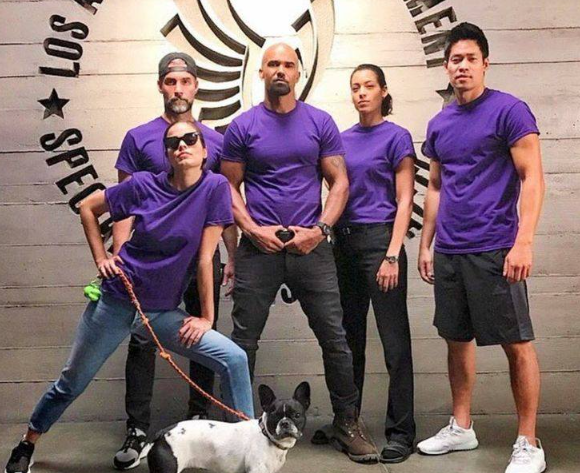
There are several potent ways such a “20-Squad sacrifice” could be dramatized, each offering a compelling reason for Hondo’s radical shift.
Firstly, a tragic mission gone wrong could be the catalyst. Imagine a high-stakes operation where, due to flawed intelligence, bureaucratic interference, or a critical error, the team suffers an irreparable loss, perhaps a fellow officer, or even multiple lives. The ensuing guilt, the questioning of the system, and the profound trauma could profoundly impact Hondo. He might feel responsible, or believe that the conventional system he once championed has failed. This tragedy could lead him to seek a new avenue for justice, one perhaps outside the rigid structures of the LAPD, making the “Exiles” project a personal quest for redemption and a means to prevent similar future catastrophes. His new team would then represent a chance to build something resilient from the ashes of past failure, lending immense emotional depth to every subsequent mission.
Secondly, a department-wide scandal could force Hondo’s hand. The LAPD, like any large institution, is vulnerable to corruption or cover-ups. If Hondo were to uncover a systemic conspiracy, a deeply entrenched corruption, or a gross injustice that the department attempts to bury, his unwavering moral compass would compel him to act. This could lead to him being blacklisted, ostracized, or even forced out if he exposes the truth. Alternatively, 20-Squad itself could be disbanded as a consequence of his actions or involvement. In such a scenario, Exiles would become Hondo’s means to build a new kind of team, one accountable not to compromised politics, but to a higher code of justice and integrity. This narrative would allow him to fight for what’s right on his own terms, giving his leadership a renewed sense of purpose.
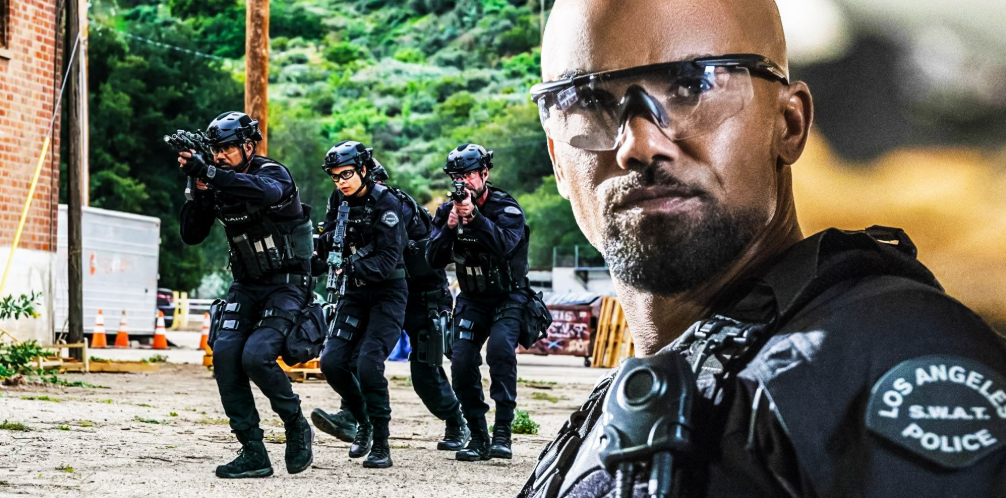
A third possibility is the gradual dismantling or scattering of Hondo’s team. While less dramatic than a catastrophic event, this could still provide a powerful emotional impetus. What if, over time, the original members of 20-Squad moved on to new roles? Deacon, ever the family man, might retire to spend more time with his children. Luca could receive a promotion or be transferred to a specialized unit. Street and Tan might pursue opportunities that further their individual careers. As his original crew disperses, Hondo might find himself increasingly isolated within the department. The “Exiles” initiative could then be presented as a chance for him to rebuild, to forge new bonds, and to find a new purpose when the core of what he knew has dissipated. This scenario would resonate with the idea of moving on and finding new purpose after an era ends, albeit bittersweetly.
Fourthly, Hondo could face a forced reassignment as punishment. Given his history of speaking out against injustices and his often-rogue approach to upholding his moral code, higher-ups might perceive Hondo as a liability. If he were to push too hard against the system, advocate for marginalized communities in a way deemed disruptive, or refuse to compromise his principles, he could be “exiled” under the guise of a “leadership opportunity.” This narrative aligns perfectly with the very concept of Exiles and its theme of second chances for officers who, for various reasons, find themselves outside the conventional system. Hondo, himself a victim of political maneuvering, would then be uniquely positioned to lead and rehabilitate others who have also been cast aside, giving his new role an authentic and deeply personal motivation.
Finally, Hondo could volunteer for the Exiles project after a major crisis that exposes deep systemic flaws. A significant incident, perhaps one that leads to widespread public outcry or a loss of faith in law enforcement, could spur a new initiative aimed at reforming tarnished officers or building specialized units for high-risk, unconventional operations. Hondo, witnessing the breakdown of the traditional system, might see this as a higher calling—a chance to mend what’s broken, to prove that even “exiled” officers can serve with honor and efficacy. This scenario would position Hondo as a proactive agent of change, choosing a path of greater purpose over the comfort of his established role, making his new journey a deliberate and morally driven choice.
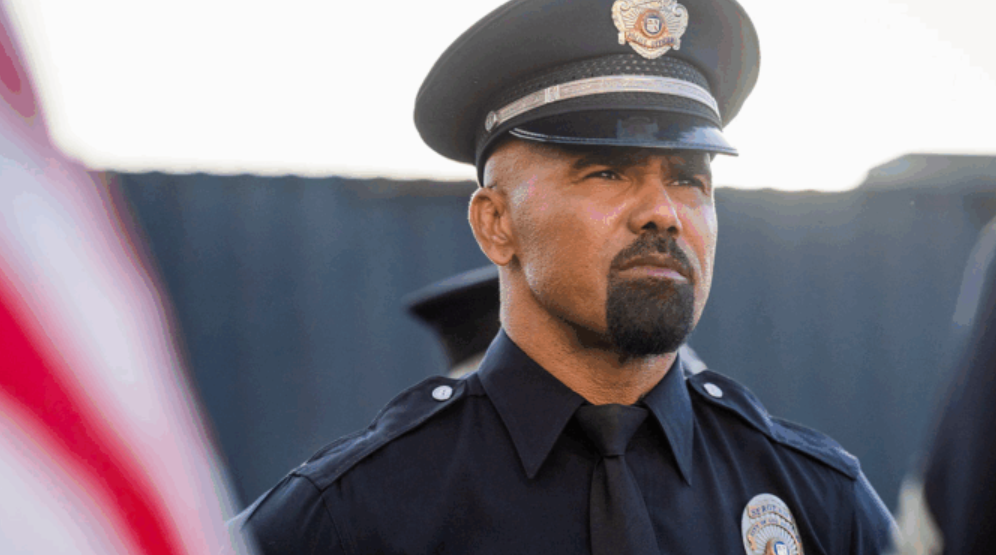
The danger of ignoring this critical narrative gap is immense for Sony. Without a clear explanation, they risk not only alienating the loyal fanbase that has invested years in Hondo’s journey and the 20-Squad’s evolution but also fundamentally undermining his entire character development. If Hondo’s departure is left unexplained, S.W.A.T. Exiles will feel less like a true continuation and more like a disconnected reboot, lacking the emotional resonance and historical context that made the original series so compelling. Viewers need to understand the “why” behind such a drastic change; without it, the new show will struggle to foster the deep emotional connection essential for long-term success. The S.W.A.T. audience is discerning; they demand more than just action sequences; they crave authentic character motivations and satisfying narrative arcs.
Conversely, embracing the “20-Squad sacrifice” theory could significantly elevate Exiles. It would imbue Hondo’s new mission with profound personal stakes. He wouldn’t just be “leading a team”; he would be trying to prevent another tragedy, seeking redemption for a past failure, or fighting to rebuild what was lost. This emotional depth would transform the show from a mere professional obligation into a deeply personal quest. If Exiles begins in the shadow of a major loss, every mission, every success, and every new team bond will feel hard-earned and profoundly meaningful, encapsulating the very soul of the S.W.A.T. franchise, which is built on resilience, loyalty, and the pursuit of justice against overwhelming odds.
A well-crafted flashback episode could serve as the key to unlocking this crucial backstory. Sony wouldn’t necessarily need to bring back the entire original cast for a full season; even a single, powerful episode or key scene explaining the fall of 20-Squad would provide invaluable closure for fans. It would set the stakes for Hondo’s new path, anchoring his journey in real loss and tangible consequences. A brief cameo from beloved characters like Deacon, Luca, or Street, even if just in a flashback sequence, could powerfully bridge the gap between the old and new, transforming Exiles from an abrupt change into a spiritual sequel—a natural evolution born from significant past events.

Ultimately, for S.W.A.T. Exiles to truly capture the hearts of the franchise’s die-hard fans, it must honor Hondo’s past and justify his future. A “20-Squad sacrifice”—whether a devastating tragedy, a scandalous upheaval, or a forced dismantling—offers the cleanest, boldest, and most emotionally resonant explanation for his perplexing transition. Hondo, the embodiment of loyalty and commitment, did not, and should not, have left his team for nothing. It is now incumbent upon Exiles to prove that his new journey is a necessary, emotionally rich, and ultimately heroic evolution, born from circumstances compelling enough to tear him away from the family he bled for.
